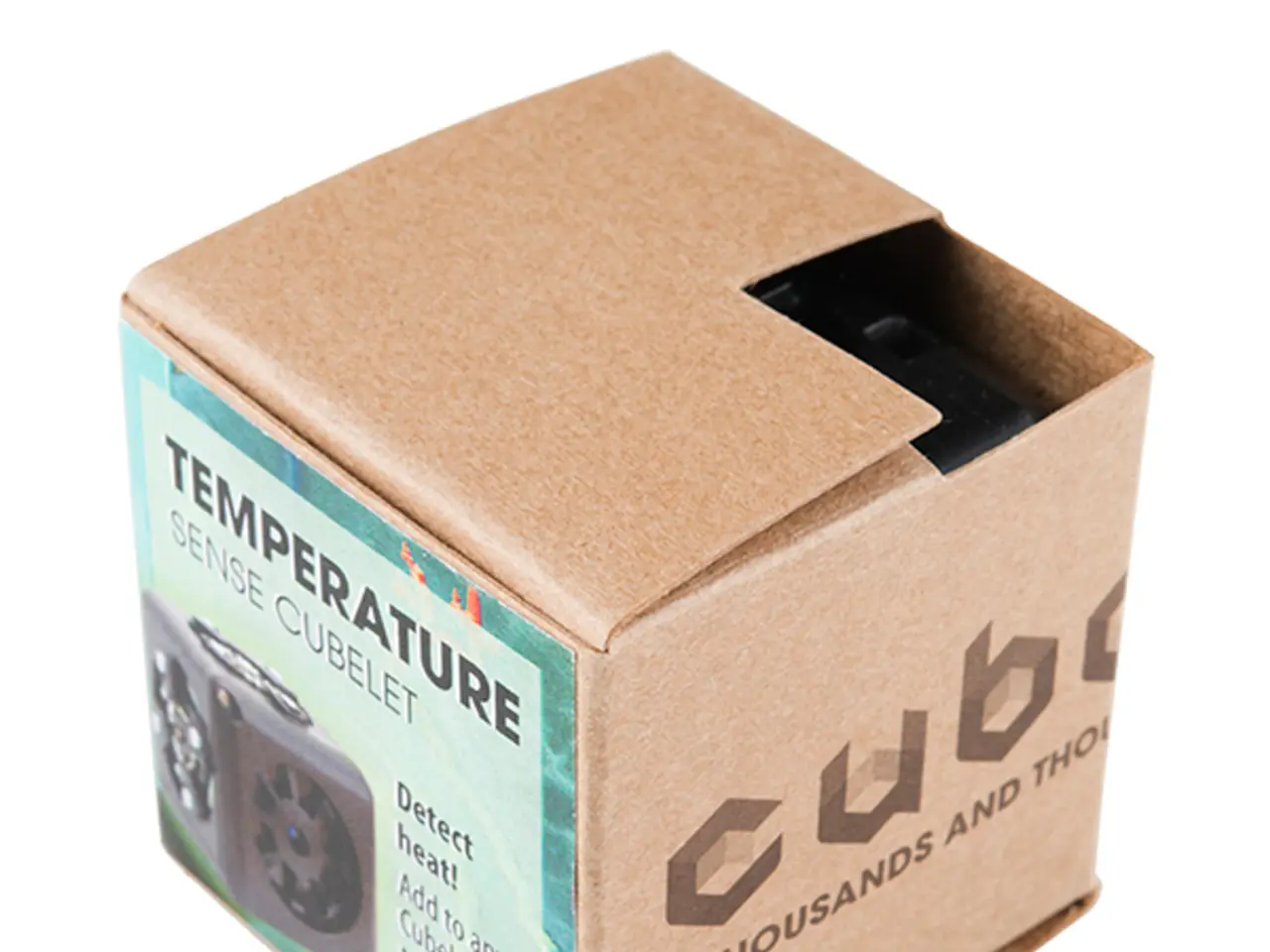AI Data Center Cleanup: Battery Recycling Firm Targets Digital Waste in Data Centers at MIT
Redwood Energy, a new business division of Redwood Materials, is revolutionizing the energy storage landscape with its innovative approach to repurposing retired electric vehicle (EV) batteries. This initiative aims to provide large-scale, low-cost energy storage solutions for AI data centers and renewable-powered microgrids.
Currently operational, Redwood Energy boasts over 1 GWh of reusable batteries in its deployment pipeline, with plans to add an additional 5 GWh in the next year. The company's first microgrid, housed at its facility in the Tahoe Reno Industrial Center, is powered by solar panels and can generate 64 megawatt-hours of electricity, making it one of the nation's largest such systems.
Redwood Energy's strategy leverages the large remaining capacity in end-of-life batteries, typically more than 50%, to offer fast, scalable, and environmentally sustainable energy storage solutions. The company processes about 20 GWh of batteries annually, recycling about 90% of all lithium-ion batteries in North America, which underpins Redwood Energy's supply chain for battery repurposing.
The energy storage systems developed by Redwood Energy can be powered by renewable sources such as wind and solar or connected to the grid, providing flexible deployment options. This adaptability makes them ideal for addressing the growing energy needs and climate emissions of data centers.
Redwood Energy's most recent partnership with Crusoe, an AI infrastructure provider, has resulted in North America's largest microgrid powered by solar energy and second-life EV batteries. This collaboration provides mobile, scalable off-grid solutions specifically designed for AI factories.
Looking to the future, Redwood Energy aims to deploy 20 GWh of second-life battery storage capacity by 2028. This ambitious goal could significantly power AI supercomputers, stabilize electric grids, and store renewable energy at scale, reducing costs and emissions compared to traditional energy solutions. The company is designing projects exceeding 100 MW capacity, more than ten times the size of current deployments.
With its rapid scaling and vertical integration—from battery collection and diagnostics to repurposing and recycling—Redwood Energy is poised to offer faster, more cost-effective energy storage solutions. This business line is expected to grow faster than Redwood Materials’ core recycling business, playing a critical role in meeting the increasing power demands of the AI era while advancing American innovation and sustainability.
JB Straubel, Redwood's founder and chief executive, believes that Redwood can extract a lot more value from batteries by using them as energy storage projects before recycling them. If solar-powered microgrids were used to power 30 gigawatts of new AI data centers, with just 10% backup from natural gas, it could eliminate 400 million tons of carbon dioxide emissions.
Redwood Materials, one of the US's largest battery recycling companies, expects Redwood Energy to become a major business line, potentially surpassing the company's core recycling operation. The company tests each battery to determine whether it can be reused for energy storage, ensuring the highest quality and efficiency in its repurposing efforts.
In conclusion, Redwood Energy stands as a fast-growing, innovative extension of Redwood Materials, repurposing EV batteries into reliable, renewable-powered microgrid solutions tailored for AI data centers. Its partnership with Crusoe and ambitious deployment goals underscore its pivotal role in the evolving clean energy landscape and the AI industry's energy needs.
- Redwood Energy, a new business division of Redwood Materials, is revolutionizing the energy storage landscape by repurposing retired electric vehicle (EV) batteries, providing large-scale, low-cost energy storage solutions for AI data centers and renewable-powered microgrids.
- Leveraging its large-scale battery repurposing capabilities, Redwood Energy is expected to deploy 20 GWh of second-life battery storage capacity by 2028, which could significantly power AI supercomputers, stabilize electric grids, and store renewable energy at scale, reducing costs and emissions compared to traditional energy solutions.
- Redwood Energy's most recent partnership with Crusoe, an AI infrastructure provider, has resulted in North America's largest microgrid powered by solar energy and second-life EV batteries, offering mobile, scalable off-grid solutions specifically designed for AI factories.
- In the realm of environmental-science and education-and-self-development, JB Straubel, Redwood's founder and chief executive, believes that Redwood Energy's solar-powered microgrids could eliminate 400 million tons of carbon dioxide emissions if used to power 30 gigawatts of new AI data centers, thereby contributing to general-news about climate change and sustainable solutions.




